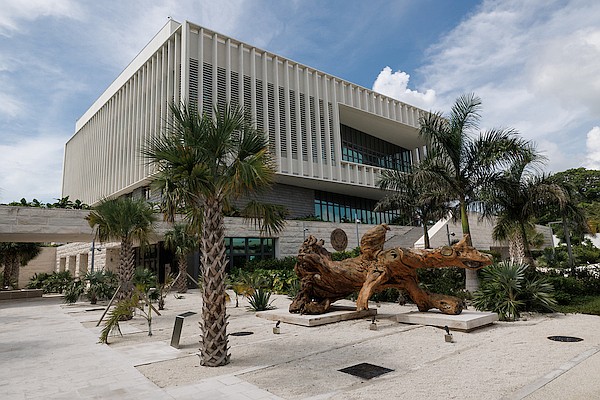A recent immigration directive by the Trump Administration has raised concerns among individuals applying for U.S. visas, particularly immigrant visas. The U.S. State Department issued a cable instructing embassy and consular officers to evaluate applicants’ health conditions more rigorously. This includes assessing whether applicants with chronic illnesses such as cardiovascular, respiratory, neurological, and metabolic diseases, cancers, diabetes, and mental health disorders could incur substantial medical costs in the U.S. While health assessments have always been part of the visa process, the new directive expands the list of medical conditions under scrutiny. The heightened focus primarily targets immigrant visas, not short-term B-2 visitor visas for individuals who can fund their own medical treatment and intend to return home. Visa officers must also determine if applicants have sufficient financial resources to cover their medical needs without relying on U.S. government assistance. Leonara Coakley, a visa consultant, noted that while clients have not directly questioned her about the directive, business has slowed significantly since September due to widespread fear and confusion about immigration policies. She highlighted a case where a client with a heart condition was denied a B-2 visa extension despite ongoing medical treatment in the U.S. Coakley emphasized that fear, fueled by news reports on immigration enforcement, is deterring potential applicants. She explained that visa denials often depend on the officer’s judgment, and applicants can reapply with additional evidence. The directive also includes conditions like obesity, which are linked to chronic illnesses, as factors in assessing whether an applicant might become a public charge. State Department spokesperson Tommy Pigott stated that the Trump Administration prioritizes the interests of American taxpayers by enforcing immigration policies that prevent the system from becoming a financial burden. The Department has historically had the authority to deny visas based on the likelihood of applicants becoming public charges.
